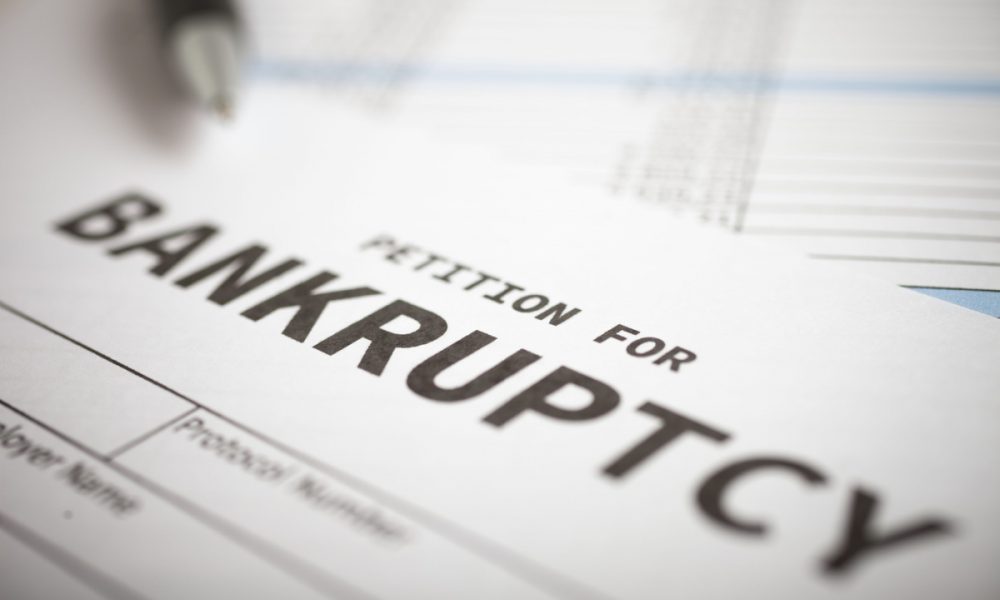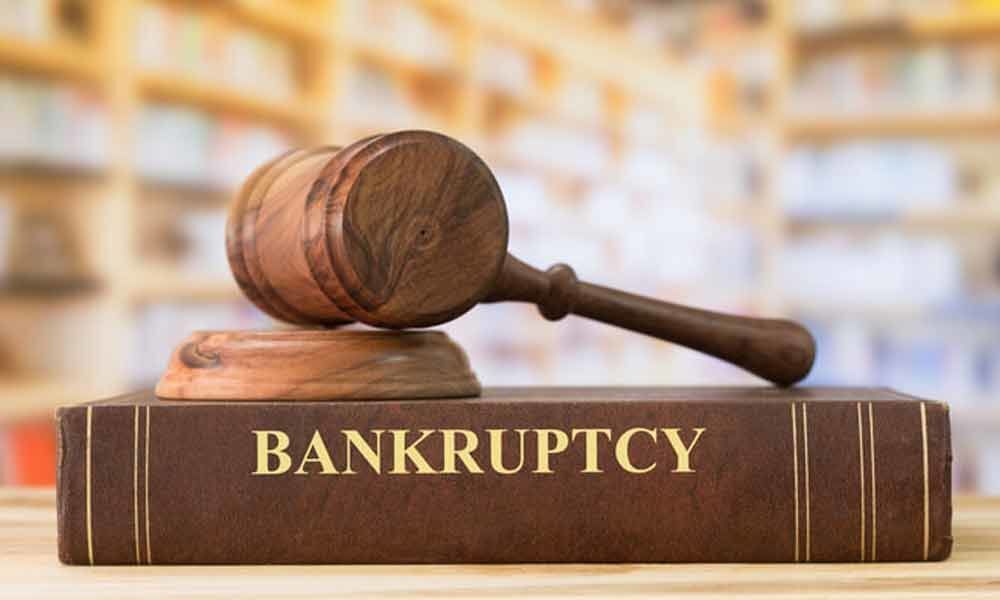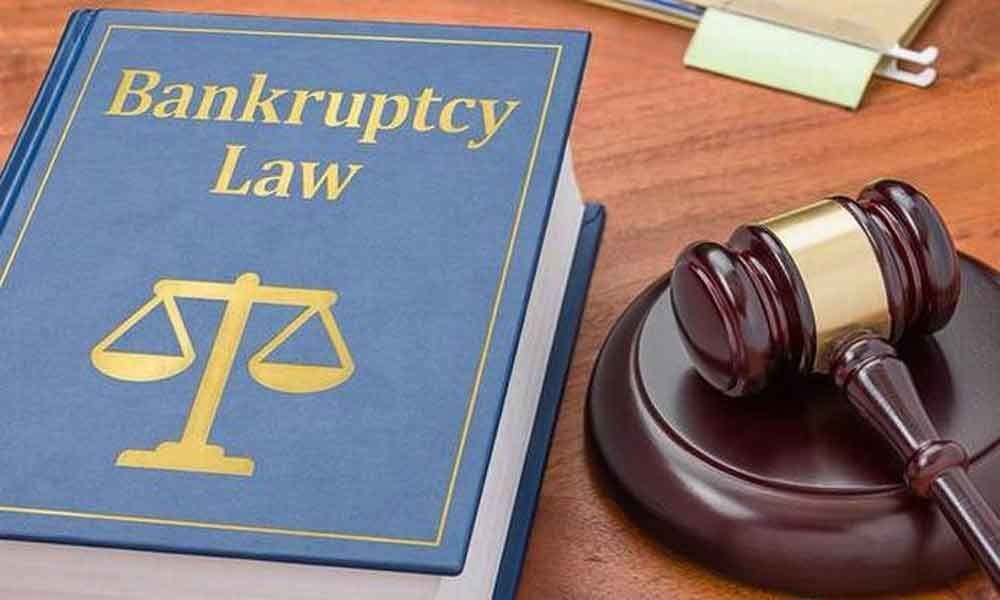When individuals or businesses file for bankruptcy, it is often a last resort to relieve the burden of overwhelming debt. However, bankruptcy is not a magic solution that makes debt disappear. It is a complex legal process that involves working with creditors, the court system, and a credit counselor. Credit counseling is an essential component of bankruptcy, as it helps individuals and businesses understand the root causes of their financial struggles and provides them with tools and resources to rebuild their credit and financial stability.
What is Credit Counseling?
Credit counseling is a service provided by nonprofit organizations that offer financial education, budgeting advice, and debt management plans to individuals and businesses. Credit counseling can help individuals and businesses better understand their finances, identify areas where they can cut costs, and create a plan to pay off debt over time. Credit counselors work with creditors to negotiate payment plans, reduce interest rates, and waive fees to make debt more manageable for individuals and businesses.
Why is Credit Counseling Important in Bankruptcy?

Credit counseling is mandatory for individuals and businesses filing for bankruptcy. It is required by law to ensure that individuals and businesses understand the consequences of bankruptcy and the alternatives available to them. Credit counseling can help individuals and businesses determine if bankruptcy is the best option for their financial situation or if there are other alternatives available, such as debt consolidation or debt management plans.
In addition, credit counseling can help individuals and businesses create a plan for life after bankruptcy. Bankruptcy can stay on a credit report for up to ten years, making it difficult to obtain credit, loans, or even employment in some cases. Credit counseling can help individuals and businesses rebuild their credit scores by providing them with tools and resources to pay off debt, improve their credit utilization, and manage their finances more effectively.
How Does Credit Counseling Work in Bankruptcy?
Individuals and businesses must complete a credit counseling course from an approved credit counseling agency before filing for bankruptcy. The course must be completed within 180 days before filing for bankruptcy and must cover topics such as budgeting, credit management, and debt repayment strategies. Once the course is completed, individuals and businesses receive a certificate of completion that must be filed with the bankruptcy court.
After filing for bankruptcy, individuals and businesses must complete a debtor education course from an approved credit counseling agency. The course covers topics such as budgeting, financial management, and credit rebuilding strategies. The course must be completed within 60 days after attending the 341 meeting of creditors. Once the course is completed, individuals and businesses receive a certificate of completion that must be filed with the bankruptcy court.
Credit counseling is a vital component of bankruptcy, as it can help individuals and businesses better understand their finances, create a plan to pay off debt, and rebuild their credit. Credit counseling is mandatory for individuals and businesses filing for bankruptcy, and failure to complete the required courses can result in the dismissal of the bankruptcy case. By working with a credit counselor, individuals and businesses can take control of their finances and start on the path to financial recovery.




